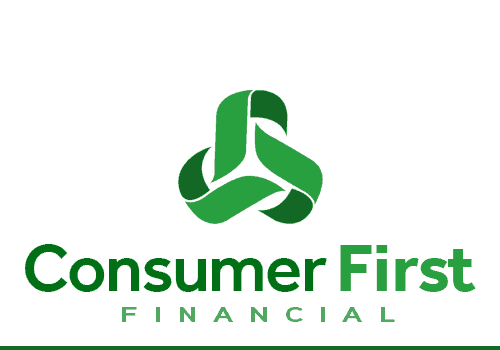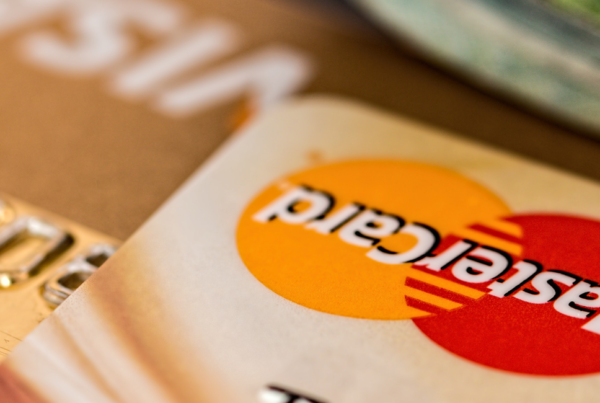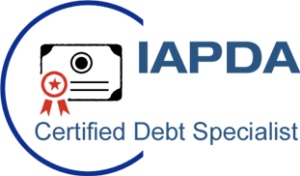
Consumer debt continues to grow
Having debt(s) that you’re unable to keep up with not only causes stress, it can affect you emotionally and mentally too. Unfortunately, many Americans are in the same position. According to a recent survey; the total outstanding (yet to be paid) Consumer Debt in the U.S. alone is $3.9 trillion as of 2019. The worst part is, many consumers are unable to keep up with their debts and resort to bankruptcy instead. To tackle this issue and help people get out of debt quickly, debt settlement programs were created. While not all programs are the same, here’s a general breakdown of how debt settlement works:
How Debt Settlement Works
Simply put, debt settlement is the process of negotiating with your creditors to decrease the amount of debt you currently owe. Though you can work on debt settlement by yourself, it’s always a good idea to get help from a reputable debt settlement company. These companies employ expert negotiators and have resources in the credit industry to maximize savings. They can help the debtor by paying off debt in lump sums, with no interest rates. This is a very important piece to the debt reduction formula.
The Process of Debt Settlement:
The process of debt settlement typically involves you making your debt payment to a third party savings account. This dedicated account is opened in your name, and you will be able in full control of your money.
The settlement company then uses these funds to come to an arrangement with the creditor that involves paying a lesser amount of what you currently owe. The new decreased debt can then be paid in a one-time payment or split into monthly installments depending on the arrangement made.
Settlement companies typically charge a percentage fee based on the total amount of debt they manage to reduce. This means if they eliminated $10,000 of debt and charge a 10% fee, you will pay them $1000 for their service, a fraction of what most people are paying in interest rates monthly. Paying a settlement company a percentage of the negotiated debt keeps the responsibility on the negotiator to settle your debts. After all, these companies make no money unless they settle your debt.
Who Is It For?
The process of settlement is designed for people who are struggling financially. The reasons may include unemployment or reduction in income, loss of family’s primary supporter or medical issues that are impacting the debtor’s finances. Specifically if consumers are paying on multiple cards with high interest rates, settlement programs can save them huge amounts of money.
Pros and Cons:
Settlement has its own advantages and disadvantages just like every other financial decision you make. Some settlement pros and cons are:
Pros:
- Lower and affordable debt payments
- Getting out of debt easily and quickly
- You won’t have to declare bankruptcy
- Getting rid of creditors and collectors
- Peace of mind
Cons:
- The creditor may not agree to settle.
- It’s important to choose a settlement company with the right resources and reputation to ensure the creditors settle.
- If the settlement doesn’t work, you may end up with more debt.
- Remember to be cautious when choosing a company that accepts everyone without a screening. Legitimate settlement companies will carefully screen their clients situation to ensure the program is right for them.
- Your credit score may drop.
- Don’t worry! This is temporary and the case with all settlement programs. Once you’ve completed the program, your debt can rebound very quickly.
Over to You:
So now that you’ve looked at how debt settlement works, who can get it, what the process is, and debt settlement pros and cons, you will be able to make a better and well-informed decision. Just make sure to seek proper guidance from a licensed debt consultant to before deciding if you need debt settlement or not.





